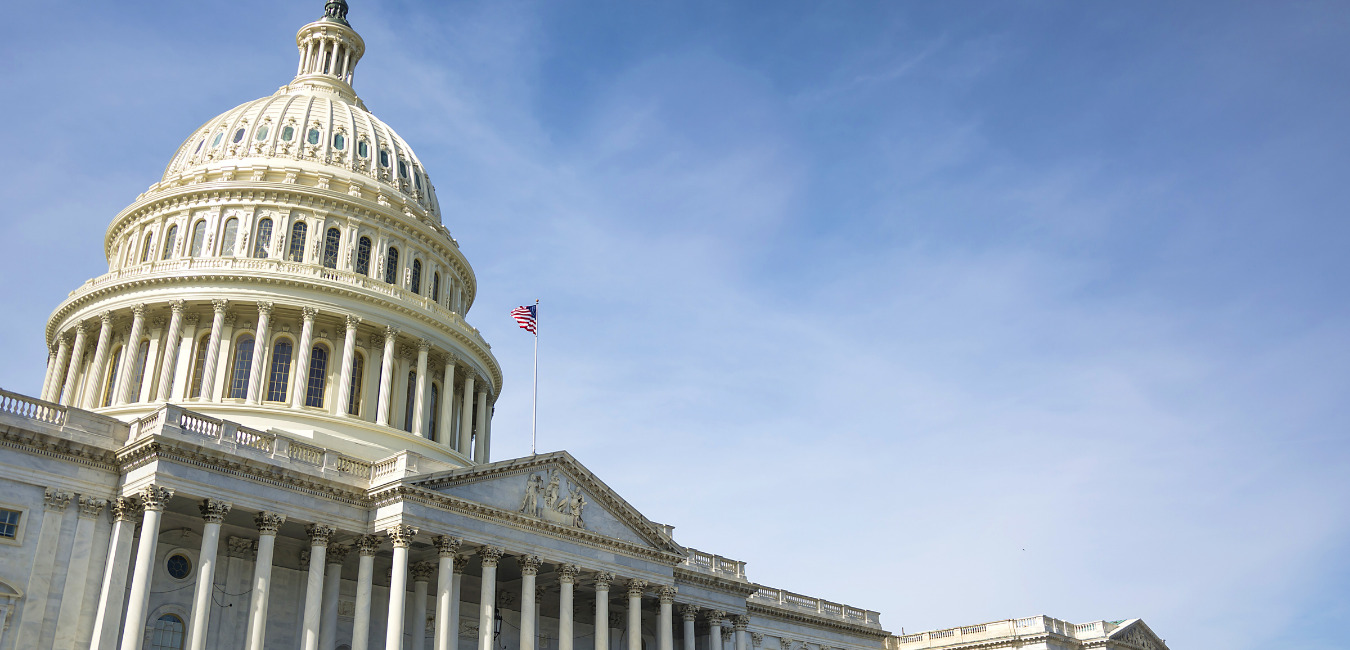Senator Manchin made the surprise announcement on Sunday that he could not vote for the Build Back Better Act, which will force a large-scale rewrite of the legislation.
Despite months of negotiations, Sen. Joe Manchin (D-WV), the moderate Democrat whose vote was seen as key in the evenly divided Senate, announced he would not vote for the Build Back Better Act, citing concern with the roughly $2 trillion price tag and how the legislation would be paid for. While Sen. Manchin’s decision is a significant setback, Democratic leaders and the White House are planning to regroup and have vowed to try and salvage the legislation after the holidays. It is unclear exactly what the next version of the legislation will look like, but a vote on a reformulated package could come as early as January.
Although the legislative path forward is uncertain, the advocacy priorities for Lutheran Services in America remain the same. We will continue to advocate for the inclusion of at least $150 billion for home and community-based services in the next legislative package, as well as key provisions that would help address the acute direct care workforce shortage including:
- $1 billion for a grant program funding strategies to recruit and retain direct care workers; and
- the provisions of the WORK NOW Act to create a $50 billion grant program supporting nonprofits in paying wages and benefits.
Court Lifts Injunction on OSHA Vaccine Mandate
The Department of Labor’s Occupational Safety and Health Administration can enforce its COVID-19 vaccinate-or-test mandate for employers with 100 or more workers, at least for now, following a ruling by the 6th U.S. Circuit Court of Appeals on Friday lifting an existing nationwide enforcement injunction. The decision was quickly appealed to the U.S. Supreme Court on Saturday morning by 27 Republican state attorneys general, as well as dozens of companies and organizations.
OSHA said it will begin enforcing the rule’s requirements a week later than scheduled: OSHA will not cite employers for not complying with any requirements of the standard before January 10 and will not cite employers for not complying with the standard’s testing requirements before February 9, “so long as an employer is exercising reasonable, good faith efforts to come into compliance with the standard,” the department said, adding that OSHA will work closely with employers to assist them with compliance.
This ruling follows a December 15 decision by the Fifth Circuit Court of Appeals scaling back an injunction on the Centers for Medicare and Medicaid (CMS) mandate that all eligible staff at specified health care facilities that participate in the Medicare and Medicaid programs be fully vaccinated against COVID-19 by January 4, 2022.
Under the new ruling, the injunction remains in place only for those states where judges have directly applied it. These states are: Alabama, Alaska, Arizona, Arkansas, Georgia, Idaho, Indiana, Iowa, Kansas, Kentucky, Louisiana, Mississippi, Missouri, Montana, Nebraska, New Hampshire, North Dakota, Ohio, Oklahoma, South Carolina, South Dakota, Utah, West Virginia, Wyoming.
As the major mandates make their way through various court challenges, industry stakeholders and legal experts seem to agree that the best practice for providers is to prepare to meet the final deadlines as court challenges play out.












